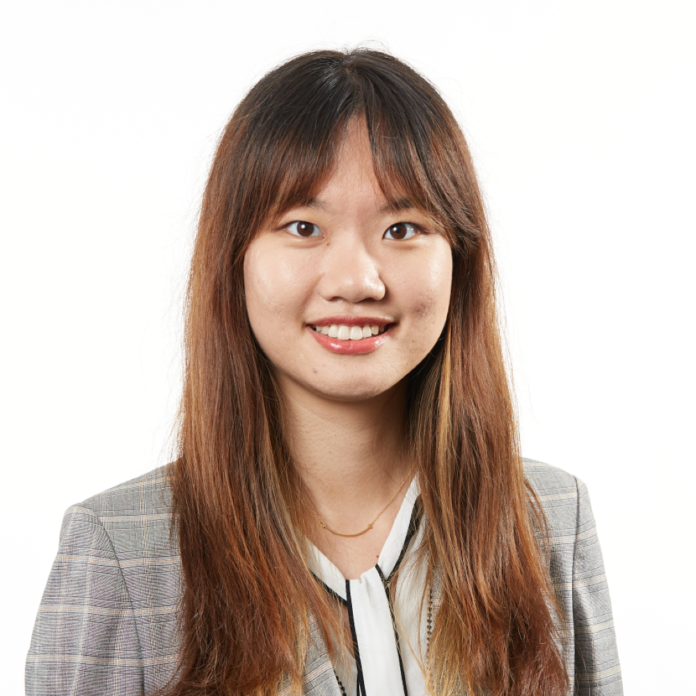
The National Science Foundation has granted $257,000 to a Tippie College of Business researcher to study how people manage their time at work, in an effort to find ways to increase business efficiency.
Yiduo Shao, assistant professor of management and entrepreneurship, will be taking a close look at how employees manage their time in relationship to their co-workers, analyzing how leaders and employees jointly optimize their use of work hours in particular.
The grant, “The Conceptualization, Dynamics, and Impacts of Leader and Follower Temporal Management in Contemporary Workplaces,” will be awarded over three years. While Ms. Shao is the principal investigator, she shares the grant – a total of $431,000 – with co-principal investigator Yifan Song of Texas A&M University.
Ms. Shao said the findings of her studies will help businesses and organizations improve how they create timelines and schedule meetings, so organizations can run more efficiently and cost effectively.
“If you don’t manage each other’s time as well as your own, it causes problems from disorganization,” she said. “This will help workers and managers be more aware of the importance of managing other peoples’ time in relation to your own.”
According to a release, this is the fourth NSF grant Tippie researchers have been awarded in the last three years.
Qihang Lin, associate professor of business analytics, received an $800,000 award from NSF and Amazon in 2022 to study how to make artificial intelligence algorithms less discriminatory.
Beth Livingston, associate professor of management and entrepreneurship, received a $100,000 grant in 2021 to study the impact of artificial intelligence on clerical jobs.
And Kang Zhao, associate professor of business analytics, and Rong Su, associate professor of management and entrepreneurship, received a $288,000 grant in 2022 to study why men continue to publish more scientific papers despite increasing numbers of women scientists.




